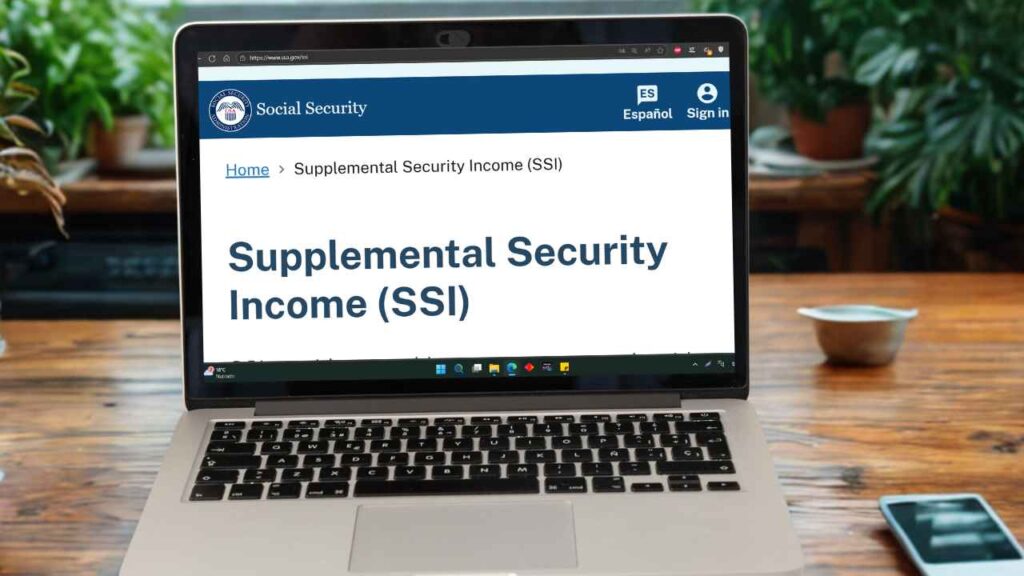In September 2025, recipients of Supplemental Security Income (SSI), a federal program for low-income people with certain conditions, will not receive a payment, and the reason is not a cut or suspension of benefits,
This is a unique change in the Social Security Administration’s (SSA) payment schedule. The agency always makes SSI deposits on the first of each month, except when the date falls on a weekend or holiday.
There is no SSI payment on September 1st, and this is why
September 1, 2025, falls on a Monday, and while it sounds like a “normal” day, it actually isn’t: Labor Day is a federal holiday observed in all states across the United States. Therefore, the SSA (Social Security Administration) will not issue Supplemental Security Income (SSI) payments on that day and will move them up to Friday, August 29, 2025.
This phenomenon isn’t new: it occurs several times a year when payment dates coincide with weekends or federal holidays. Although there won’t be a visible deposit in September, beneficiaries won’t lose money, as every month of the year remains covered.
Months with double SSI payments (and months without a deposit)
Before continuing, it’s important to clarify that each beneficiary must receive 12 payments in a year, i.e., one per month. Basically, each month of double payments is followed by a month without any payments.
Months with double payments: in 2025 are January, May, and August, because payments for February, June, and September are advanced to the last business day of the previous month.
Non-payment months in 2025: For the same reason, there will be no deposit in February, June, and September. However, the money corresponding to those months will have been paid in advance in January, May, and August, respectively.
Maximum SSI payments in 2025
Following the final cost-of-living adjustment (COLA) in 2025, which was 2.5% and is in effect until December, SSI amounts were set at $967 for an individual applicant, while for a couple applying jointly, the maximum qualifying amount is $1,450. The third item, which is to pay for the costs of an “essential person,” the SSA can award up to $484 per month.
The Supplemental Security Income (SSI) was created specifically for people with limited income and resources who need support to cover basic expenses. Beneficiaries include adults age 65 and older, as well as adults and children with disabilities or blindness who meet medical and financial criteria established by the SSA.
To apply for these allotments, you can begin the process online at the Social Security Administration’s website, call the SSA at 1-800-772-1213, or visit a local Social Security office. During the application, you’ll need to provide personal details, medical records, and financial information so the SSA can determine your eligibility for benefits.
